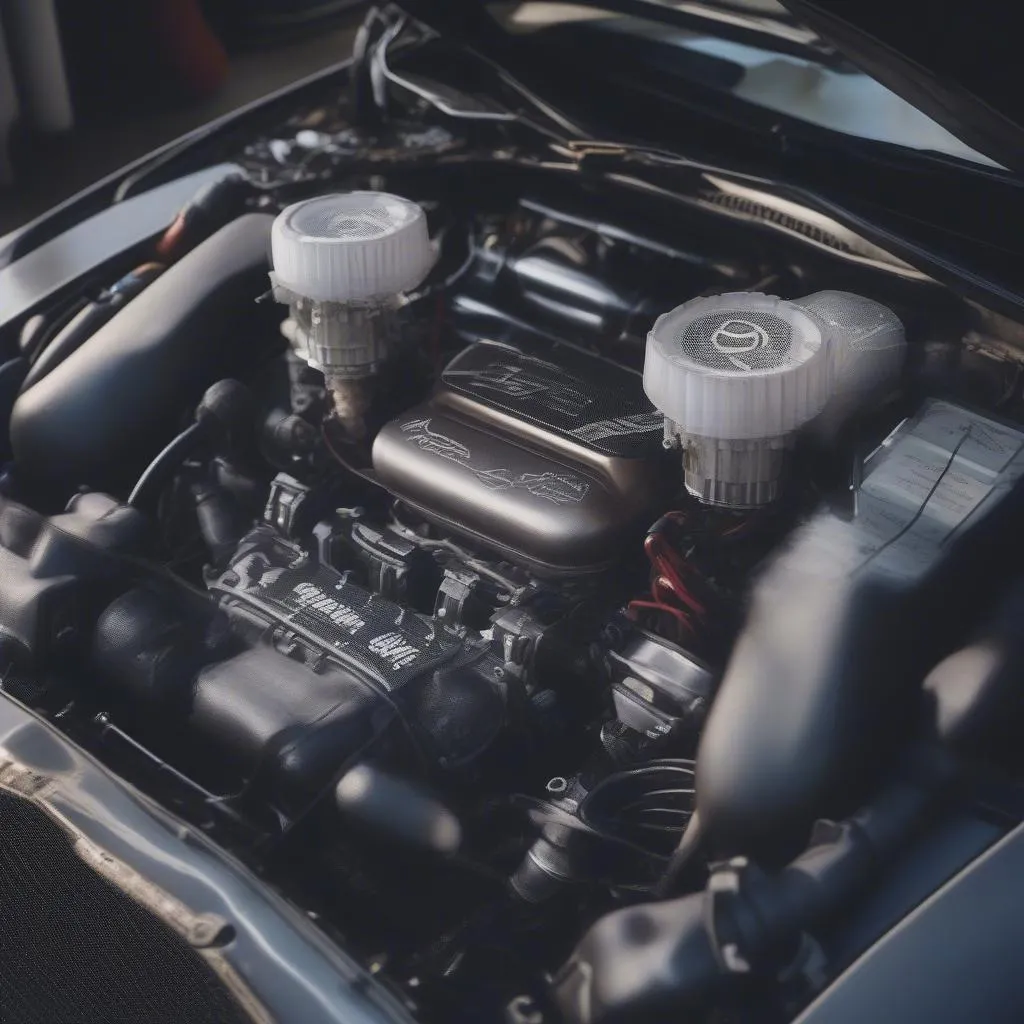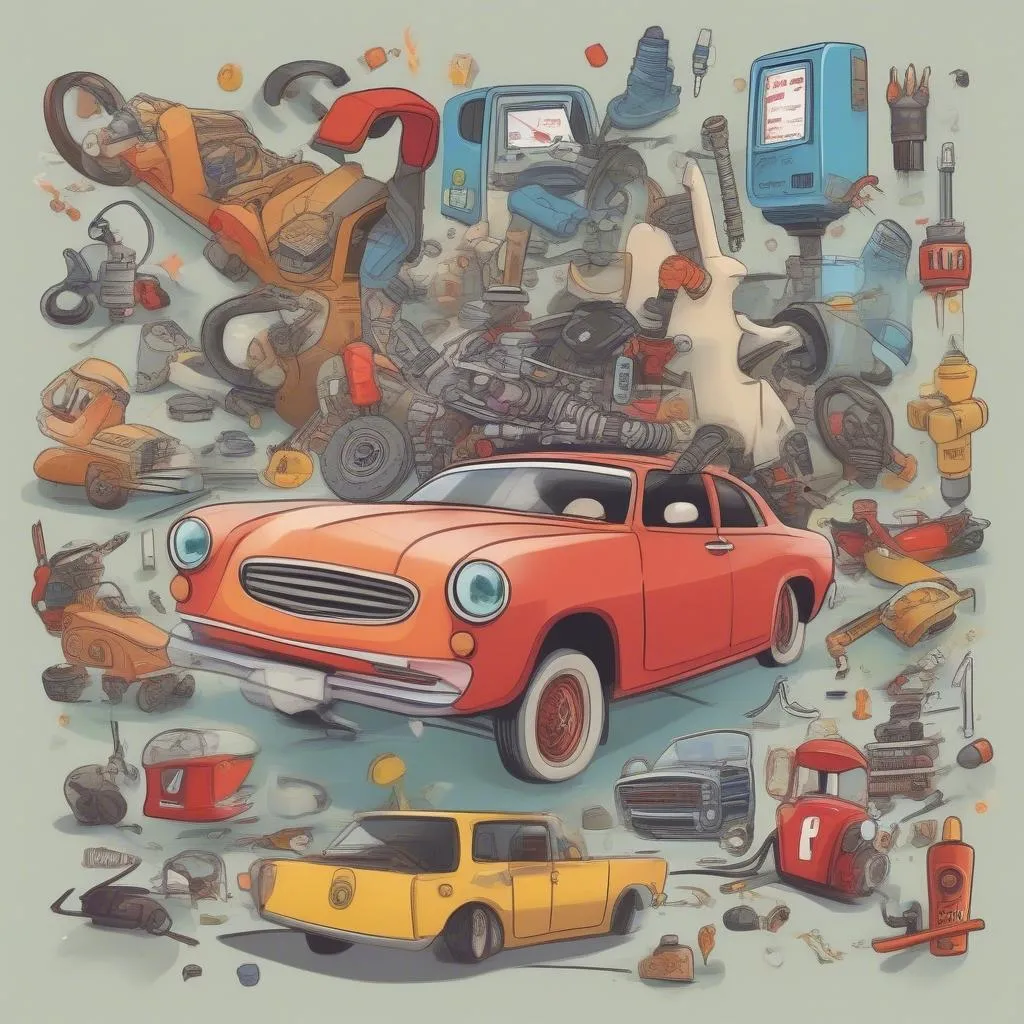Have you ever gone to start your car, only to be met with a sluggish groan instead of a confident roar? That, my friend, is your car being hesitant to start. It’s like that awkward silence when you ask someone out on a date, and they just stare back at you.
Now, a hesitant start can be a minor annoyance or a sign of a bigger issue lurking under the hood. Whether you drive a sleek Mercedes, a rugged Ford F-150, or a trusty Toyota Camry, understanding why your car is hesitant to start is the first step to getting back on the road.
What Does “Car Hesitant to Start” Really Mean?
Let’s break it down. When we say a “car is hesitant to start,” it’s not just about a slow crank. It’s about that split-second delay, the flickering lights on the dashboard, and the feeling that your car is taking its sweet time waking up.
From a mechanic’s perspective, it’s a sign that something in the starting system isn’t quite right. It could be anything from a weak battery to a faulty starter motor, a clogged fuel filter, or even a sensor acting up.
From an automotive engineering standpoint, a hesitant start is often an indicator of insufficient energy reaching the combustion chamber to ignite the air-fuel mixture. This could be due to issues with the fuel system, ignition system, or even the engine’s compression.
And let’s not forget the economic angle. Ignoring a hesitant start can lead to more significant (and expensive) problems down the line.
Decoding the Hesitation: What’s Causing the Problem?
There are a number of reasons why your car might be hesitant to start. Here are some of the most common culprits:
1. Weak or Dead Battery
This is the usual suspect. Just like our phones need charging, car batteries lose their juice over time. If your headlights are dim, or you hear a clicking sound when you turn the key, a weak battery is a likely cause.
2. Faulty Starter Motor
The starter motor is the muscle behind the scenes, responsible for cranking your engine to life. A failing starter motor might make a grinding noise or simply not engage at all.
3. Clogged Fuel Filter
Imagine trying to drink a milkshake through a clogged straw – that’s your car trying to start with a clogged fuel filter. A restricted fuel flow means your engine isn’t getting enough fuel to fire up properly.
 clogged fuel filter
clogged fuel filter
4. Bad Ignition System Components
The ignition system is responsible for igniting the fuel-air mixture in your engine. Faulty spark plugs, ignition coils, or a failing crankshaft position sensor can all cause starting issues.
5. Sensor Malfunctions
Modern cars are packed with sensors, and a malfunctioning sensor can wreak havoc on your car’s starting ability. The mass airflow sensor (MAF), throttle position sensor (TPS), or engine coolant temperature sensor (ECT) are just a few examples.
 car engine sensors
car engine sensors
6. Other Potential Causes
While less common, other factors like a vacuum leak, faulty fuel pump, or even extreme weather conditions can also contribute to a car being hesitant to start.
 car starting problem
car starting problem